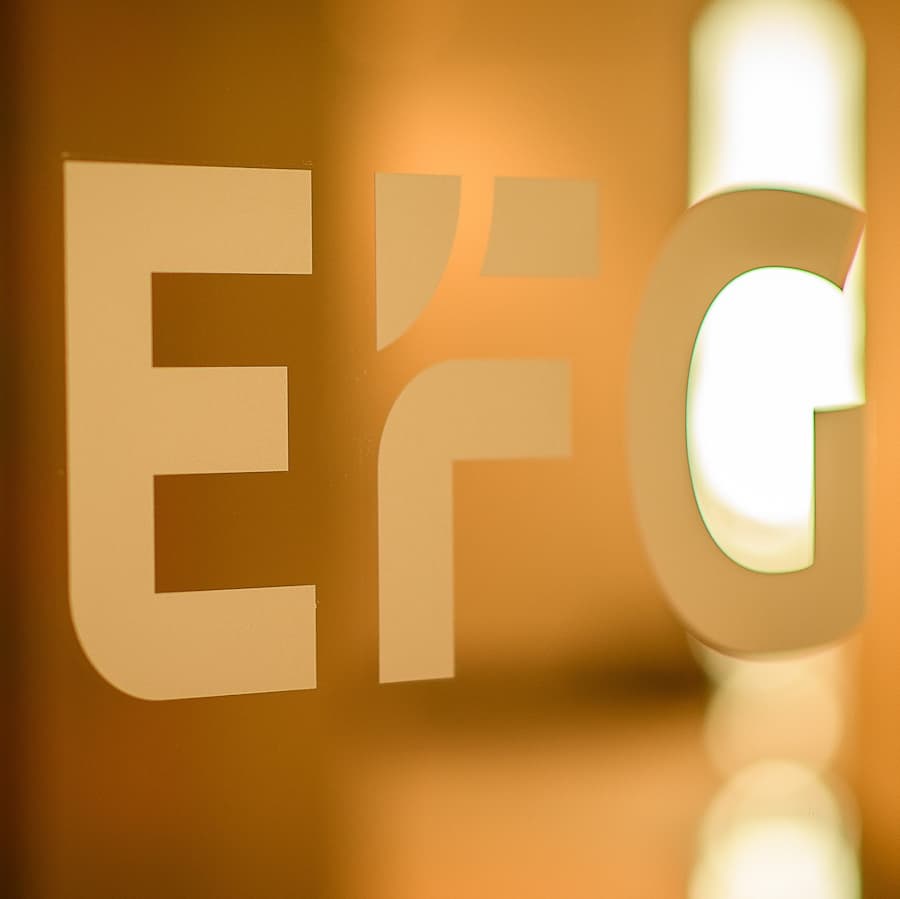Financial Results
EFG International Says On Course To Surpass 2022 Net Profit; Logs Net Inflows

Continental Europe and the Middle East regions generated the largest amounts of net new assets, and Asia momentum accelerated as new client relationship officers made an impact. There were outflows in Switzerland and Italy, however.
Zurich-listed EFG International yesterday reported a net profit of SFr240 million ($270 million) for the first 10 months of 2023, putting it on course to beat the full-year result of SFr202 million for 2022.
The firm logged net new assets of SFr5.2 billion for the year to date, equating to an annualised growth rate of 4.2 per cent. The Continental Europe and Middle East Region continued to generate the highest net new assets and the Asia-Pacific region accelerated its growth momentum, reflecting strong contributions from new client relationship officers hired in early 2023, it said in a statement. The Switzerland and Italy region experienced net outflows in the year to date, partly reflecting deleveraging, it continued.
“New CROs have started to contribute meaningfully to inflows in the second half of 2023 and are expected to accelerate EFG’s growth momentum going forward,” it said. More than 130 new CROs were hired in the first 10 months of 2023, up from 75 in the first half of 2023.
Assets under management came in at SFr144.1 billion for the year to date, up from SFr143.1 billion at end-2022, mainly reflecting the impact of negative foreign exchange movements, offset by net new assets.
Like some of its Swiss and European rivals, EFG International is operating in what has been a turbulent time for banking, particularly given the demise of Credit Suisse, Switzerland’s second-largest bank, and the subsequent “shotgun wedding” with UBS. This publication has heard of how former Credit Suisse private bankers are looking to relocate. An open question is how many clients they take with them.
Buffers and buybacks
In other figures, EFG International reported a cost/income ratio
of 74 per cent for the 10-month period, narrowing from 76 per
cent from the full-year 2022 figure. Excluding initial one-off
hiring costs, the ratio was 71 per cent.
“While higher interest rates have supported our operating income, the current economic uncertainty and deteriorating markets have increased the risk aversion of our clients and we have seen continued deleveraging in some regions over the last four months,” Giorgio Pradelli, chief executive of EFG International, said.
“At the same time, we have seized strategic opportunities and have made significant investments to expand our talent base and client coverage. Several of our new CROs have already started to contribute meaningfully to asset inflows in the year to date, and we expect this trend to continue and to significantly accelerate our growth momentum in 2024 and beyond, given the strong pipeline of net new money,” he said.
EFG said its Common Equity Tier 1 capital ratio – a standard international measure of a bank’s “shock absorber capital” – was about 17.4 per cent at the end of October, and above the regulatory minimum requirement of 8 per cent and EFG’s minimum management floor of 12 per cent.
Citing its “strong capital position,” EFG said it has decided to buy back up to three million additional EFG shares by end-April 2024 to fund variable deferred share-based employee compensation.